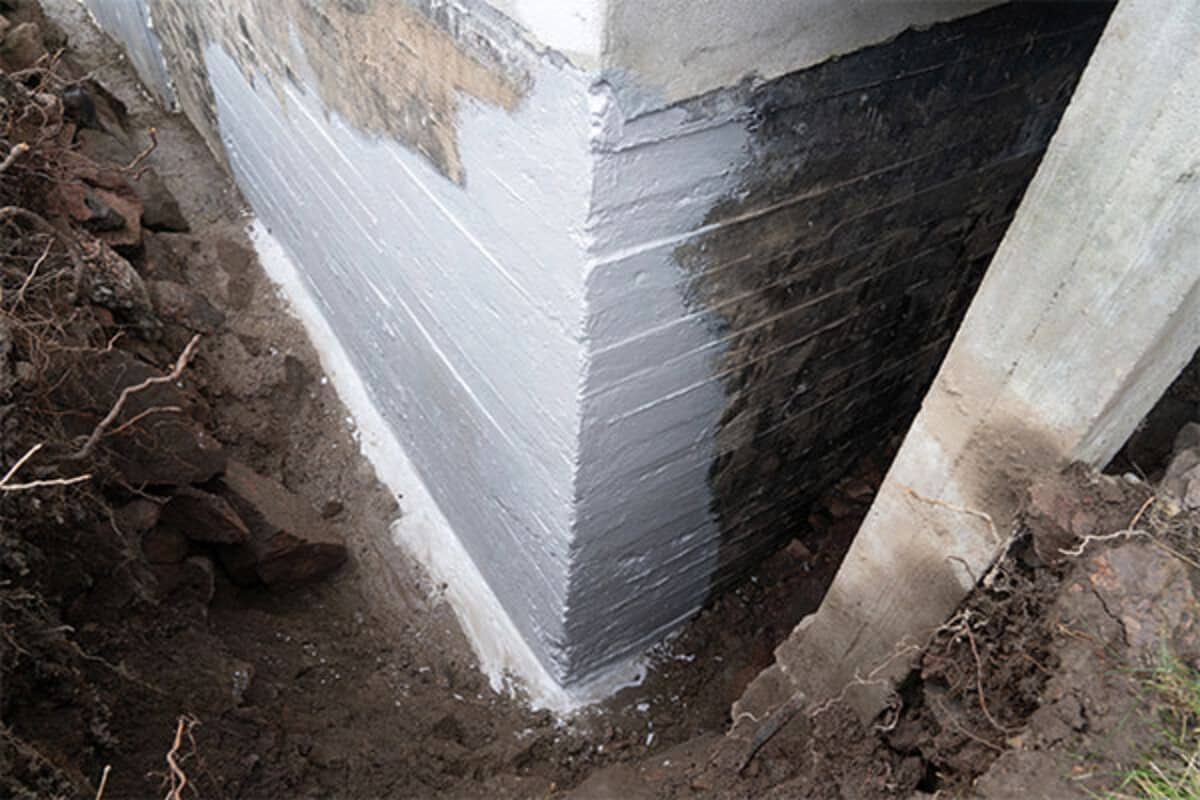When it comes to the structural integrity of your home, few things are as concerning as discovering cracks in your foundation. While some cracks are normal and harmless, others can signal serious problems that need immediate attention. Understanding the difference between minor and dangerous cracks can save you time, money, and stress.
What Causes Foundation Cracks?
Foundation cracks can arise for various reasons, including natural settling of the house, soil movement, temperature changes, and moisture variations. Typically, small cracks less than 1/8 inch wide are considered normal, especially if they appear vertically. However, wider cracks or those that run horizontally could indicate more severe issues such as foundation settlement or soil pressure.
Types of Foundation Cracks
- Hairline Cracks: These are thin, superficial cracks that often appear shortly after construction. They are usually not a cause for concern unless they widen over time.
- Vertical Cracks: Generally caused by the natural settling of the foundation. If they remain narrow, they are usually not problematic.
- Diagonal Cracks: Often indicate differential settlement, where one part of the foundation settles more than another. These can be concerning if they continue to widen.
- Horizontal Cracks: Typically the most serious, these suggest significant pressure against the foundation, possibly from waterlogged soil or a compromised structure.
When to Worry About Foundation Cracks
Size and Direction Matter
- Less than 1/8 inch: Small, vertical cracks are generally not worrisome and are common in many homes.
- More than 1/4 inch: Cracks wider than a quarter-inch or those that grow over time should be inspected by a professional.
- Horizontal Cracks: These are serious and often require immediate attention, as they can compromise the structural integrity of your home.
Signs of Trouble
If you notice any of the following signs, it’s time to call a foundation expert:
- Doors and windows that stick or don’t close properly
- Uneven floors
- Cracks in walls, especially above doorways and windows
- Water intrusion in your basement or crawl space
Preventing Further Damage
Regular Maintenance
Regularly inspecting your foundation and addressing small issues before they become significant problems is crucial. Ensure proper drainage around your home to prevent water from accumulating near the foundation. Maintain consistent moisture levels in the soil around your house to minimize expansion and contraction.
Professional Assessment
Engage a top-rated Kansas City foundation repair contractor to evaluate your home’s condition. They can provide solutions like underpinning, wall anchors, or soil stabilization to address and prevent further damage.
How We Address Foundation Cracks
Comprehensive Inspection
At Windler Foundation Repair, we start with a thorough inspection to understand the extent of the problem. Our experts look for signs of foundation distress, such as uneven floors, sticking doors and windows, and wall cracks.
Customized Solutions
Based on the inspection, we provide customized repair solutions tailored to your home’s specific needs. Whether it’s installing foundation piers, wall anchors, or providing soil stabilization, we ensure your foundation is secure and stable.
Why Choose Windler
When it comes to foundation repair, Windler stands out for several reasons:
- Expertise: Our team has extensive experience and knowledge in handling all types of foundation issues.
- Customer-Centric Approach: We prioritize your satisfaction and safety, offering transparent communication and tailored solutions.
- Proven Methods: Utilizing state-of-the-art technology and proven techniques, we ensure long-lasting repairs that protect your home’s integrity.
In Summary
Foundation cracks can be alarming, but understanding which ones are normal and which ones require professional intervention is crucial. Regular maintenance and timely repairs can prevent minor issues from becoming major problems.
If you notice any signs of trouble, don’t hesitate to contact us for an expert assessment and solution.




